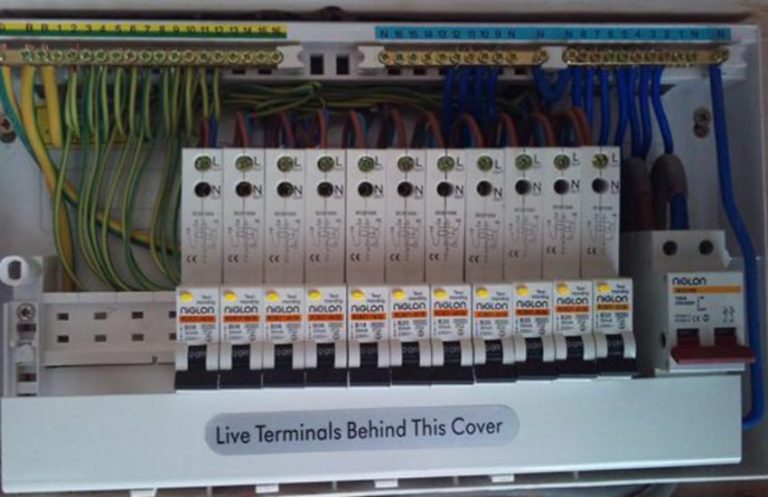Domestic electrical installation is a critical aspect of modern living. Whether you’re building a new home or renovating an existing one, a well-planned electrical system is essential for your safety and convenience. In this comprehensive guide, we will explore the key aspects of domestic electrical installation, emphasizing safety, efficiency, and practical tips for homeowners and professionals alike.
1. Understanding the Basics
Before delving into the intricacies of electrical installation, it’s crucial to grasp the fundamentals. This includes knowledge about voltage, current, circuits, and the various electrical components. Understanding these basics lays the foundation for a safe and functional electrical system.
2. Safety First
Safety should always be the top priority when dealing with electricity. Homeowners and electricians alike must adhere to safety protocols to prevent accidents. This includes using proper insulation, grounding, and implementing safety devices such as circuit breakers and residual current devices (RCDs). Additionally, regular checks and maintenance are essential to ensure the system’s integrity.
3. Planning Your Electrical Layout
Careful planning is the cornerstone of an efficient electrical installation. Consider the placement of outlets, switches, and lighting fixtures according to the room’s layout and your specific needs. Factor in future expansions and technological advancements, ensuring your electrical system is adaptable to changing requirements.
4. Choosing the Right Materials and Tools
Selecting high-quality electrical materials and tools is essential for the longevity and reliability of your installation. This includes wires, cables, switches, outlets, and fixtures. Always opt for products that comply with industry standards and regulations. Investing in quality materials pays off in the long run, ensuring durability and safety.
5. Hiring a Professional vs. DIY
While many homeowners are adept at DIY projects, electrical work is best left to professionals. Certified electricians have the expertise and knowledge to handle complex installations safely. Hiring a professional ensures your installation complies with local regulations and reduces the risk of electrical hazards.
6. Energy Efficiency and Sustainability
Incorporating energy-efficient solutions into your electrical installation not only reduces your carbon footprint but also saves you money in the long term. Consider LED lighting, smart home automation, and energy-efficient appliances. Additionally, explore renewable energy sources like solar power to further enhance your home’s sustainability.
7. Regular Maintenance and Upgrades
Electrical installations require regular maintenance to ensure optimal performance and safety. Schedule periodic inspections by a qualified electrician to identify and address potential issues. Stay updated with the latest technologies and safety standards, considering upgrades when necessary to keep your electrical system current and efficient.
